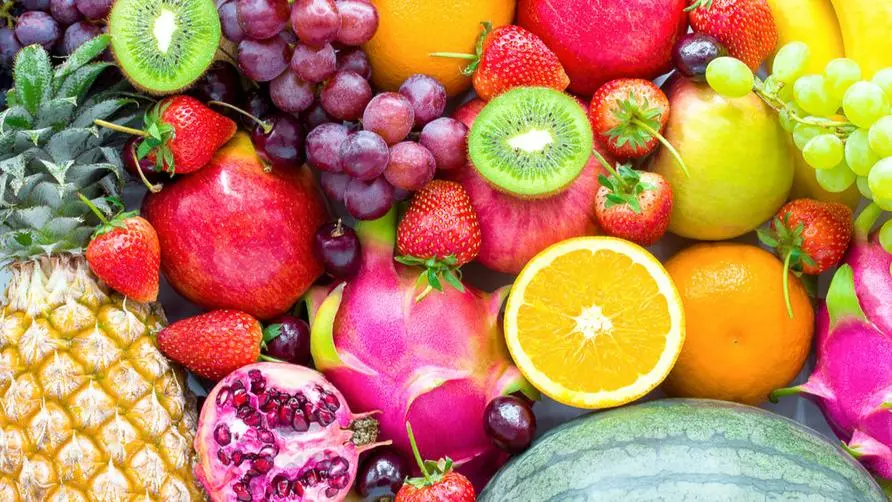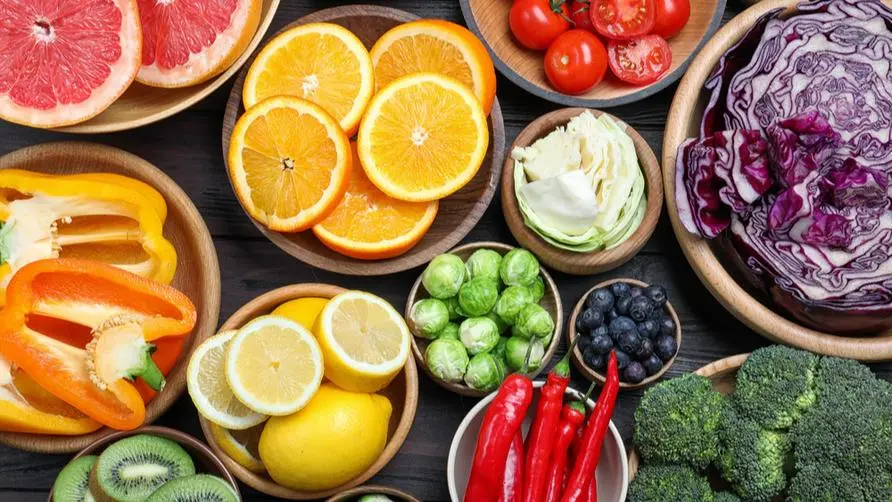Are carbs off limits when doing a "ketogenic diet"? "8 Low-sugar Fruits" Eat with confidence and don't worry about losing weight

With the popularity of weight loss in recent years, the “ketogenic diet” has gradually become the choice of office workers or those who are trying to lose weight. However, the ketogenic diet requires a minimum amount of carbohydrate intake in order for the body to produce ketone bodies, which is an “impossible task” for many people. Even vegetables, fruits and other healthy ingredients that are considered to have extremely high nutritional value contain a certain amount of carbohydrates, making the implementation of the ketogenic diet even more difficult to implement.
However, various studies have pointed out that many fruits are not only rich in nutritional value, but also contain low carbohydrate content. This can be regarded as a choice of fiber, phytochemicals and high-quality protein for those following a ketogenic diet. “Healthorn” lists low-sugar plants/fruits as follows for reference for those who want to lose weight:
1. Avocado
Avocados are rich in oil and high-quality protein, so they are often classified as “oil plants” rather than fruits. However, avocados offer considerable value, and half a slice contains less than 3 grams of carbohydrates. Research published in “Nutrients” shows that regular consumption of avocados can help reduce the risk of cardiovascular disease and improve intestinal health in overweight and obese adults.
2. BlackBerry
Blackberries are a great source of potassium, vitamin C, vitamin K and antioxidants. Half a cup of blackberries provides only 3 grams of carbohydrates and nearly 4 grams of dietary fiber. The Journal of Agricultural and Food Chemistry suggests that regular consumption of blackberries may help prevent cancer, age-related neurodegenerative diseases, and bone loss.
3. Raspberry
One cup of raspberries provides about 8 grams of dietary fiber and more than 50% of your daily vitamin C intake, but only contains about 7 grams of carbohydrates. Raspberries are also rich in highly bioactive compounds that have significant benefits for human health. According to a research analysis in Advances in Nutrition, regular consumption of raspberries may be an effective measure in the fight against obesity, cardiovascular disease, and type 2 diabetes.
4. Strawberry
Strawberries have a higher carbohydrate content than other berries, but they can still be eaten during a ketogenic diet. One cup of strawberries contains more than 3 grams of dietary fiber and about 9 grams of carbohydrates, while providing significant amounts of micronutrients such as iron, copper, magnesium, vitamin C, vitamin K and potassium. According to a review published in Critical Reviews in Food Science and Nutrition, moderate consumption of strawberries can help reduce systemic inflammation and blood sugar levels.
5. Blueberries
Blueberries contain many micronutrients that the human body needs, such as vitamin C, vitamin K and manganese. Research published in Advanced in Nutrition shows that compounds in blueberries have powerful antioxidant and anti-inflammatory properties that can help prevent obesity, type 2 diabetes and cardiovascular disease, and improve gut health. Half a cup contains about 9 grams of carbohydrates, which is lower and healthier than other fruits.
6. Watermelon
It is one of the fruits that is abundant in summer in Taiwan. A serving of diced watermelon contains about 12 grams of carbohydrates and is rich in nutrients such as vitamin C, vitamin A, potassium, and copper. “Current Atherosclerosis Reports” points out that moderate consumption of watermelon has cardiovascular benefits, and L-citrulline and L-arginine have been shown to lower blood pressure and improve blood flow.
7. Kiwi fruit
Kiwi fruit is rich in fiber, vitamin C, phosphorus and potassium. Research in “Nutrition and Cancer” points out that kiwi fruit can have a protective effect on certain cancers, especially in preventing various diseases of the lower gastrointestinal tract. One serving of kiwi fruit contains only about 7 grams of carbohydrates.
8. Tomato
Tomatoes contain large amounts of beta-carotene, vitamin E, vitamin C, vitamin K and folic acid. Among them, the “lycopene” in tomatoes is considered a good source of antioxidants. Research published in “Food Chemistry” shows that lycopene has been proven to prevent coronary heart disease, cerebrovascular disease, prostate cancer, gastric cancer and other cancers. A medium-sized tomato has only about 3.3 grams of carbohydrates.
Although the carbohydrate content of the above-mentioned plants/fruits is low, excessive consumption may still lead to the failure of the ketogenic diet and ineffective weight loss. Therefore, before taking any weight loss measures, it is recommended that the public consult a nutritionist or metabolic doctor to ensure that the diet is as light as possible and that the weight loss process is more efficient with exercise and a good daily routine.
Source:
Red Raspberries and Their Bioactive Polyphenols: Cardiometabolic and Neuronal Health Links
Strawberry As a Functional Food: An Evidence-Based Review
Recent Research on the Health Benefits of Blueberries and Their Anthocyanins
Watermelon and L-Citrulline in Cardio-Metabolic Health: Review of the Evidence 2000–2020
Kiwifruit and Cancer: An Overview of Biological Evidence
Tomato and lycopene and multiple health outcomes: Umbrella review
Further reading:





